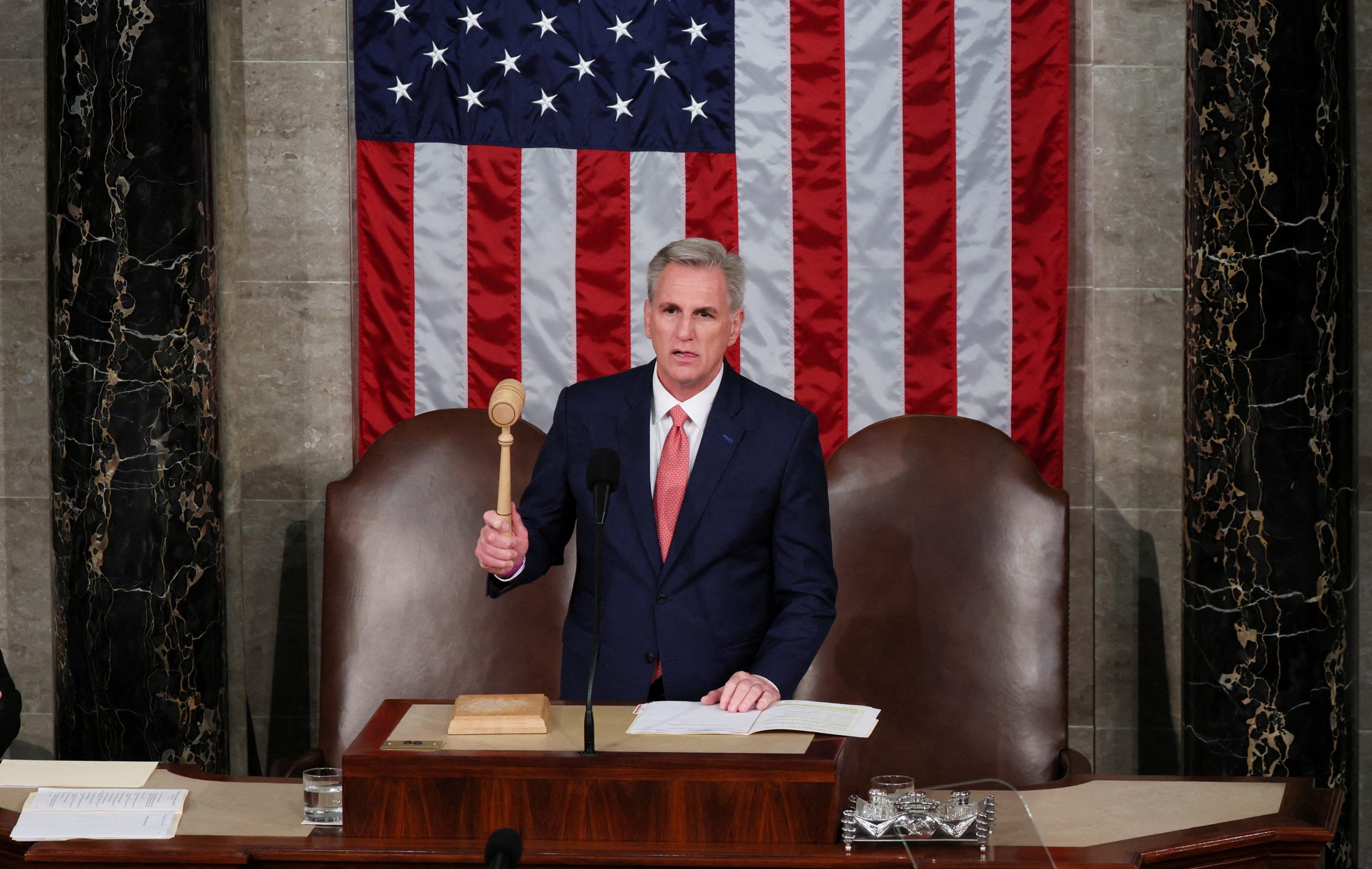
Willie R. Tubbs, FISM News
[elfsight_social_share_buttons id=”1″]
If it ever seems that Republicans in the House of Representatives are creating a lot of noise around matters they ultimately cannot change, it’s because that is precisely what is happening. But, there is an underlying strategy.
Monday, the House Oversight Committee announced that it would hold eight hearings this week. Topics will include the origins of COVID, the border, energy, artificial intelligence, the Biden family, and inflation, a wide breadth for the entire House to cut, much less a single committee.
“Democrats abandoned meaningful congressional oversight and the Biden Administration was left unchecked to push their disastrous policies,” House Oversight Chair James Comer (R-Ky.) tweeted Tuesday. “Americans are now suffering from a wide open border, a drug crisis, and more.”
Democrats abandoned meaningful congressional oversight and the Biden Administration was left unchecked to push their disastrous policies.
Americans are now suffering from a wide open border, a drug crisis, and more.@GOPoversight will hold @POTUS accountable. @FoxNews pic.twitter.com/XWe6v0CrIy
— Rep. James Comer (@RepJamesComer) March 7, 2023
These hearings are not glorified time wasters. They are, even in a worst-case scenario, an efficient way for Republicans to keep their messaging before the American people.
Beyond expediency, the hearings and House measures that follow them are a tool Republicans hope to use in building a platform for 2024.
Every bill sent to almost certain defeat in the Senate, every hearing that can lead only to dead ends, is a chance for Republicans to force Democrats on the record. And getting a politician on the record on a controversial or tough bill is the surest way to build a case against that person’s reelection efforts.
The Hill, which offers a far more robust article on the busy House Republicans, reports Speaker of the House Kevin McCarthy (R-Calif.) has tabbed this as the strategy for forcing Democrats into making votes that might expose them to risk in 2024. At minimum, such votes will provide ready-made criticisms for Republicans to use against Democrats on the campaign trail.
In some cases, though, Senate Democrats who represent areas that lean or could swing right might feel compelled to back Republican-made legislation and a sitting president, one who tends to boast of his ability to work across the aisle and who has his own reelection concerns, might even opt to sign that legislation into law.
“I’ve been in it for 12+ years, so please believe me when I say: Government acts in the interest of government, and bless your heart if you believe otherwise,” Rep. Thomas Massie (R-Ky.) tweeted Monday.
I’ve been in it for 12+ years, so please believe me when I say:
Government acts in the interest of government, and bless your heart if you believe otherwise.
— Thomas Massie (@RepThomasMassie) March 6, 2023
COMMON GROUND
One must not forget that, despite the frequent message that America is divided, there are certain concepts around which virtually all Americans rally. Most Americans are anti-crime, pro-free speech, and equally harmed by inflation.
This gives Republicans a real or perceived high ground and they can use hearings to force various persons from within the federal government or key industries to face public scrutiny — one might call it a public scalding — and use votes to force Democrats to either join the right or risk being labeled unsympathetic to the desires of so many voters.
The D.C. crime bill, which was previously reported by FISM, stands as a glaring recent example. Biden, eager to prove he is tough on crime, said he would sign the bill were it to reach his desk. Senate Democrats, realizing voting against the bill would be framed as endorsing the decriminalization of virtually all crime, began to ally themselves with the right.
Those Democrats who hesitated faced immediate backlash. As reported by The Hill, when Sen. Tim Kaine (D-Va.) was non-committal on the D.C. crime bill, Republicans immediately pounced.
“Thousands upon thousands of Virginians work in Washington, D.C., every day … but Tim Kaine doesn’t take keeping them safe seriously,” the Senate Leadership Fund, a super PAC affiliated with Senate Minority Leader Mitch McConnell (R-Ky.), said Monday. “Kaine refused to give a straight answer when asked if he’d support GOP legislation that would reverse dangerous changes D.C. made to its criminal code.”
Kaine could eventually side with the right, but there is a real chance we never know. As a result of the looming passage of the federal D.C. crime bill, the Washington, D.C., city council has removed its controversial new bill.
In addition to providing a challenge for Democrats to overcome on the campaign trail, the votes and hearings also allow Republicans to claim some level of victory with their constituents.
